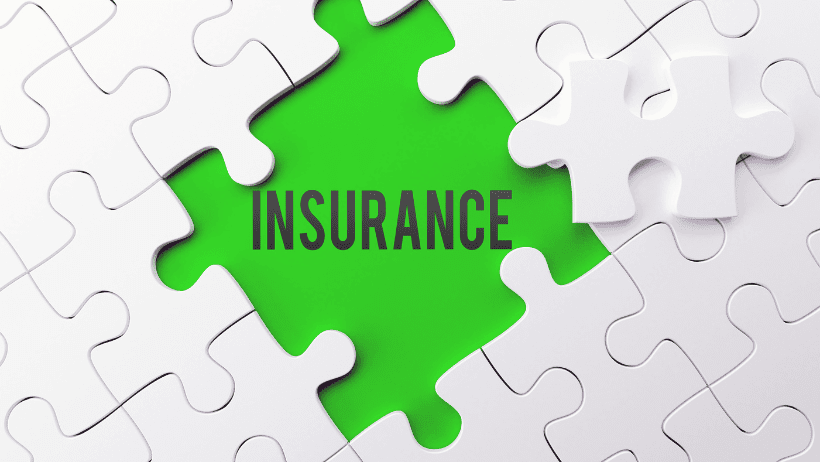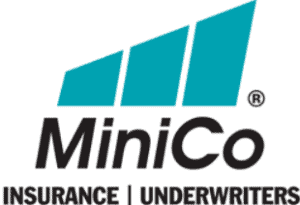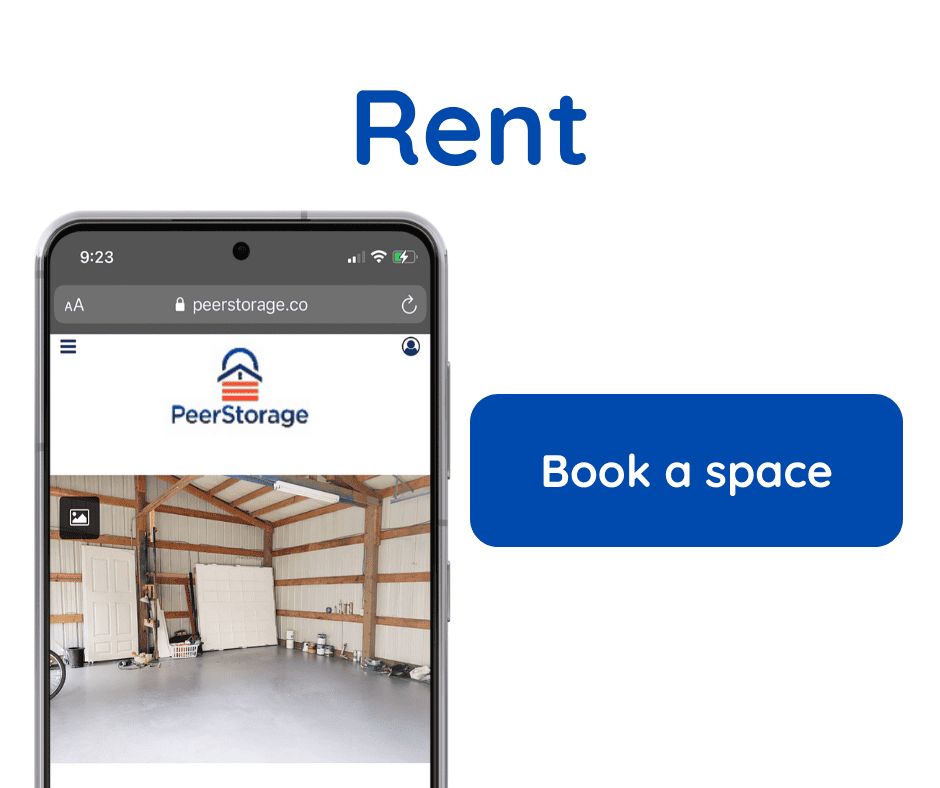Peer-to-Peer Storage vs. Traditional Units
- September 26, 2025
- Cheap storage near me
Choosing the right storage option depends on your needs, budget, and priorities. Peer-to-peer storage connects you with individuals…
Read More
Choosing whether or not to buy self-storage unit insurance to protect your belongings is tough, and choosing the right coverage can feel daunting.
For those who think that they do need storage unit insurance (and we recommend it for all renters), we’ve put together a list of the best coverage options out there. From the most popular plans specific to self-storage units to a list of more general policy providers for situations when basic homeowner’s or renter’s insurance is appropriate.
You will get the information you need to comfortably select the insurance you need!
The short answer is that if your belongings are valuable, yes, there are significant (although very unlikely) risks to your property that make paying for insurance a responsible decision.
These risks include theft, fires, and a variety of other disasters (natural or human-made) but not all policies will cover all disasters. When signing up for the right coverage, make sure to check with your plan provider what disasters, accidents, and mishaps they cover and that this coverage is appropriate to your situation.
Most insurance companies offer some coverage for storage unit insurance, which also offers homeowners and renters insurance, and some companies specifically sell stand-alone storage unit insurance. Both options have their perks and drawbacks.

Some homeowner’s and renter’s insurance policies will have coverage for items stored off your main premises, but this should definitely not be assumed, and many homeowner insurance policies have a cap on the value insured outside of your main property.
If your items in storage don’t exceed any existing limits, and you’ve confirmed with your company that their coverage is sufficient, you probably don’t need to purchase a specific storage unit policy.
Policies specific to storage units might cover more of the issues you’re likely to encounter with long-term storage, such as vermin, flood damage, and more (again, confirm the specifics of what you’re buying with your insurance provider), and also might have a higher cap for covering more expensive items.
Talk to your insurance company for the best procedures for protecting extremely expensive items like cars, artwork, or jewelry. Although many stand-alone insurance policies have higher caps than homeowner’s and renter’s insurance, they rarely raise to the luxury item level. It’s worth noting that many companies require it before moving your goods into their facility if you’re still not sold on storage unit insurance.

If you do need to buy insurance, either by choice or by the rules of the company you’re storing with, here are the best storage unit policies, according to US Insurance Agents
SnapNsure sells insurance policies for self-storage, tiny homes, and more, starting at $6.99 per month, with options rising to $59.99 per month for up to 25k in coverage.
They also have options for various storage situations and companies that require more specific coverage, such as PODS, Packrat, Mobile Mini, and more.
The streamlined process and dedication to specifically storage situations make their website easy to use, and their coverage sufficient for most situations. Definitely pay attention to the fine print, as with all policy-choosing decisions. 
MiniCo is a company devoted to all kinds of insurance, including policies specific to self-storage tenants and self-storage businesses. Their options for self-storage insurance range from the small, simple policies suited to garage storage to commercial-scale policies on par with the best, most comprehensive companies.
There are also sub-categories within these categories, so this is a great option when you want to spend exactly the right amount to cover your property, no more, no less. 
Safestor is geared towards self-storage policies, offering policies for renters and owners. The simplicity of their operation makes it easy to find a policy well suited to you, and it’s one of the largest storage companies in the country.
Contrary to their sparse and inexplicably amateur website, Safestor is owned by Ponderosa Insurance Company, a major player and trusted brand in the self-storage insurance industry. 
This list is ranked from lowest to highest policy pricing for the Seattle area: Here’s a tool for comparing insurance prices.
Because these policies listed above are not necessarily geared towards storage units specifically but are mostly broader insurance policies with appropriate coverage, check with these companies to ensure you’re getting the coverage right for you.
We include this list because it might be possible for you to cover your storage unit without having to purchase stand-alone storage unit insurance. This ranking also considers criteria that differ from person to person, including credit score, age, and location.
If you ever have to make a claim to your insurance company, they will likely ask for proof, along with a variety of other verification procedures.
When moving your goods into storage space, document them using photos, videos, and other home inventory methods that can be shown as proof when filing a claim. Different ways of proving ownership include saving receipts or other methods for proving purchase.

Once you’ve made the decision to buy stand-alone storage unit insurance, choosing the right policy is a matter of matching what the company offers to the value of your belongings and the risks they will be exposed to.
Storage units are exposed to a variety of risks that should be covered in many policies, from fire, vermin, flood, theft, and more. Choosing your policy carefully is important, with your specific situation in mind.
Before moving your goods into storage, catalog your belongings by keeping receipts and creating a home inventory of the items you’re storing, with photo and video proof.


Join The Discussion